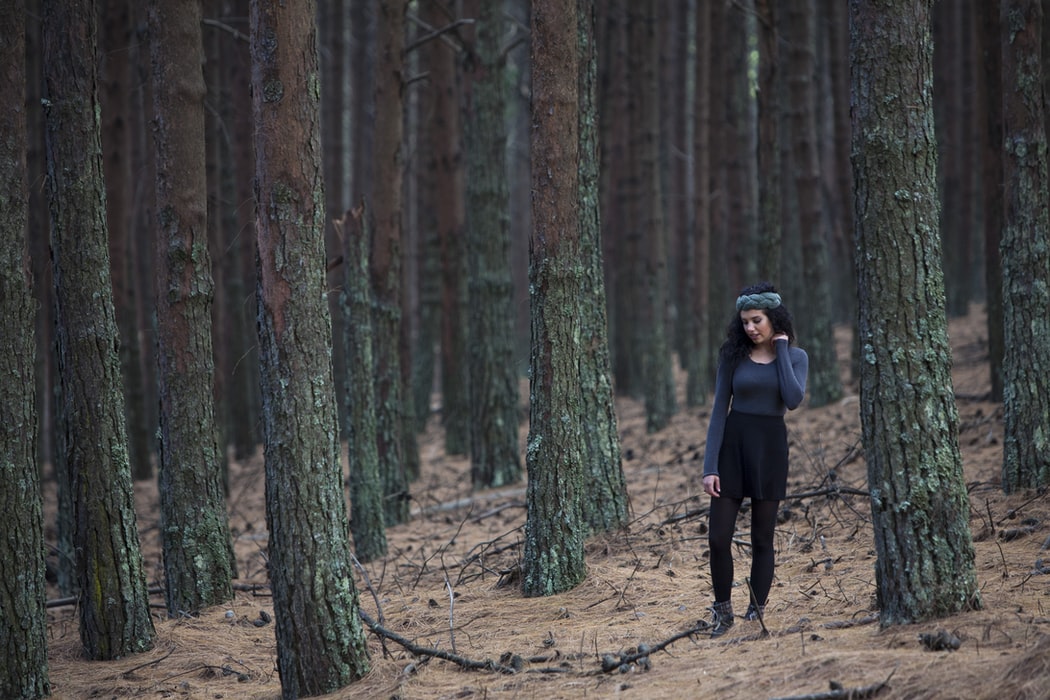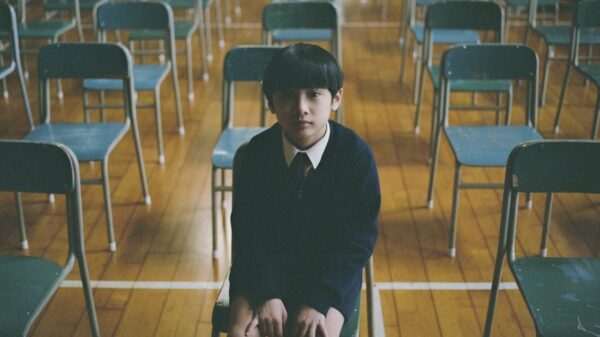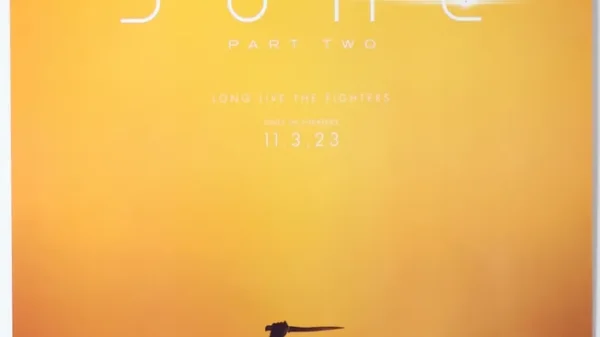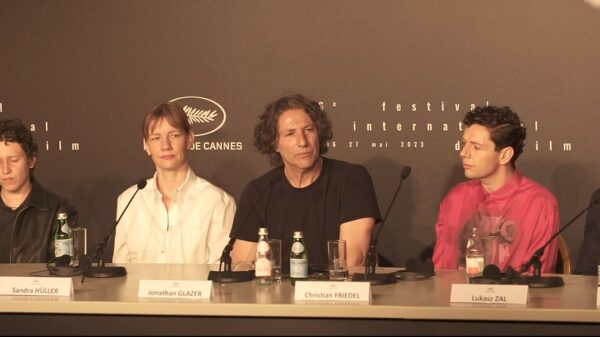… Okay, maybe I watched it for two reasons. One, so that you don’t have to. Two, for some reason, ever since classes restarted, my tolerance for cringe content has increased tenfold. Warning: spoilers ahead, read only if you plan on not watching this ridiculously clichéd series.
Going into Fate, my first thought was: God, I loved Winx Club when I was younger. After watching Riverdale (yes, really, I have a maximum cringe content tolerance), I should’ve known that Fate would be nothing like the Winx Club I grew up with. I was proven right in the very first scene of the series.
In a nutshell, the series revolves around Bloom, a human who one day discovers she’s not like other humans. So, she goes to a school, Alfea, that caters to special people who can do magic! What follows is a dark and mysterious take on a fan favourite. Ring any bells? The premise of the show sounds like Harry Potter meets Shadowhunters meets Riverdale. I usually don’t expect much going into teen/fantasy drama series, but I didn’t think I’d be watching the same, long, drawn-out, much-overdone storyline.
Going off overdone, Bloom is the basic archetype of any other teen drama protagonist you’d find. She is shy, “different,†and so normal. She’s so normal, she thought Tinkerbell would be roaming around Alfea! Oh, Bloom, so silly. She has a massive case of main character syndrome, where anything and everything she does has no consequences. In the first few episodes, she goes around acting like an absolutely selfish prick, ignoring everyone despite the fact that they were helping her.Â
Of course, this isn’t the characters’ fault – it’s most definitely the writers’ fault. I could go on about how they have done a shoddy job at consolidating Bloom. However, I will focus on side characters instead. In the original Winx Club, Bloom is definitely the ‘leader’ of the group, but there’s very much a sustained focus on the other girls’ lives, too. What the writers got wrong in this show, though, is that all the conflicts felt forced and the resolution underwhelming.
At the same time, the series represents certain individuals in very tokenist ways. For instance, one of the characters, Terra, is shown to be having major body insecurity issues in the first few episodes, because she’s not as skinny as the rest of the girls. Her body issues are so horrible that she feels like she can’t even change in front of the girls, while Aisha pees in front of her (… wait, what?!). At one point, a character she has a crush on (Dane), is seen to be high and talk about her size in a rather derogatory fashion with another character. She’s angry and hurt, but for some reason she doesn’t do anything about it. She eventually confronts Dane about it, but the dialogue sustains for less than a second and they’re talking about Bloom, again. This could have gone in a very different direction – with discussions about body shaming, fat-shaming, and the importance of self-love. Instead, they address the issue sporadically and then leave Terra with no redemption arc. She’s relegated to the Sad Lonely Fat Girl trope, with not even her suitemates helping her out with her insecurities.
But, of course, how could any teen drama series go without their token LGBTQ+ character? Not only has the show gotten away with being fatphobic, but it has also managed to cement the Straight Guy (Riven) stereotype by presenting Dane as a counterweight. The latter is innocent and sweet and doesn’t know he’s gay (or maybe he’s bisexual; the last episode left me with a lot of questions).Â
The show has made no proper attempt to explore Dane’s sexuality, apart from one scene where he accidentally likes an old post that Riven posted. The other scenes show Riven trying to bully Dane for being gay. It feels a lot like queer-baiting; there is no actual semblance of helping him genuinely explore his sexuality. Dane also adds on to the Sad Lonely Fat Girl stereotype by having the generic plotline where the fat-girl-falls-in-love-with-a-gay-man and she’s-too-dumb-to-notice-he’s-gay.Â
As the series is only six episodes long, it’s understandable why the writers wanted to speed things up, but it feels as though there’s almost no build-up for any story arc at all. Bloom arrives at the school, finds out she’s a changeling, has her first encounter with a Burned One, regains her memories, finds the woman who sent her off to the human realm, and at the end, fights the Burned Ones all on her own.Â
How does one thing lead to another so seamlessly? How, despite so much going on, there’s also so little going on? At many points, I was multitasking while watching the show, and in some episodes – or half an hour into one – it still felt like nothing was happening. In the later episodes, it was hard for me to tell if I was watching a flashback because the older characters did not age. The series felt like a weird mish-mash of timelines with no real effort put into developing them into well-pieced transitions.
If you want to waste your time and watch a show with no substance, Fate: The Winx Saga is for you. It’s a great series to watch if you want to turn off the world around you. But if you’re going into it as a Winx Club fan, let me assure you, you will most definitely be disappointed.Â
Fate: The Winx Saga is available on Netflix.


















